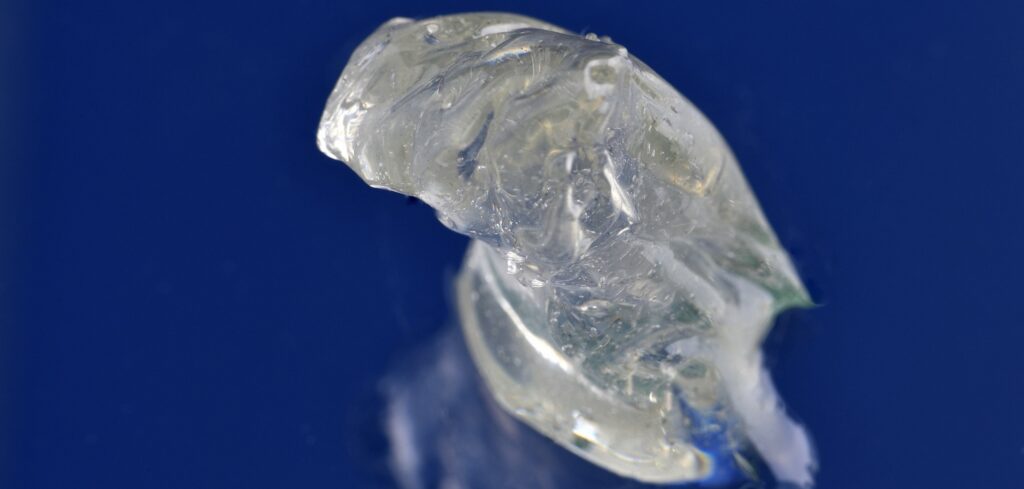Yokohama claims to have developed the world’s first technology to enable the efficient production of butadiene from biomass. The breakthrough is said to have been achieved at the Bio-monomer Production Laboratory, a facility jointly established by Yokohama, Riken and Zeon. Butadiene is one of the core raw materials needed to produce synthetic rubber for automotive tires.
At present, industrial butadiene is produced as a by-product of naphtha pyrolysis. Thus, the development of a butadiene production technology will help reduce dependence on petroleum and cut CO2 emissions.
The joint research team claims to have successfully created cells with excellent butadiene-producing abilities, using new artificial pathways and enzymes. This method makes it possible to go through cheaper intermediates than conventional metabolic pathways. Furthermore, by incorporating knowledge about the enzymes that have been developed so far, the cost of butadiene fermentative production will be reduced. The research team has succeeded in producing polybutadiene rubber from the butadiene produced by the world’s first fermentation production using this newfound technology.
Yokohama, Riken and Zeon have been cooperating on joint products since 2013. Following the establishment of the Bio-monomer Production Laboratory in 2020 as part of Riken’s Integrated Collaborative Research Program with Industry, research has been accelerated to provide solutions for society. The trio aims to produce more highly productive enzymes and efficient purification methods by gathering together the knowledge and technology of the three companies.



